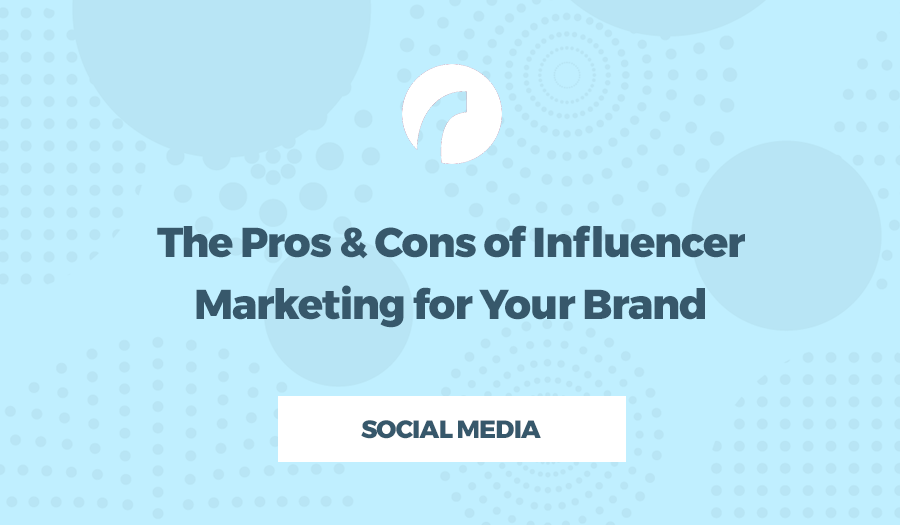Comsys Web design offers unsurpassed quality websites in any niche.
Are you considering investing in an influencer marketing campaign for your business? Want to know the positives and negatives of using influencers on social media?
Shane Barker share the pros and cons of influencer marketing in this infographic.

They cover the following:
- Audience reach
- Trust and credibility
- Financial cost
- Time
- Risk
Check out the infographic for more.
![The Pros & Cons of Influencer Marketing for Your Brand [Infographic]](https://blog.red-website-design.co.uk/wp-content/uploads/The-Pros-Cons-of-Influencer-Marketing-for-Your-Brand.jpg)
Influencer marketing has quickly become a buzzword in the digital marketing world.
Many brands are finding that they can reach their target audience and build a meaningful connection with them by leveraging the influence of others.
However, there are both pros and cons to using influencers in your marketing strategy.
The pros of influencer marketing
Influencer marketing can be an effective way to reach a new audience and build credibility, trust, and relationships with your customers. The two primary benefits of working with influencers are:
- Exposure: Influencers help you reach a new audience that may not have been aware of your brand or product. For example, if you’re a coffee company trying to expand into the tea market, working with a tea blogger would help you get in front of all their readers and subscribers who might like your product.
- Credibility: Influencers can help build credibility for your brand by creating content related to it and sharing it on their own channels (social media). When people see that an influencer is using or recommending your product, they will assume that it’s good quality—even if they haven’t tried it yet! This works especially well when there is some kind of collaboration between the brands involved (like when one sponsor pays another).
The cons of influencer marketing
While you get to leverage influencers’ expertise and reach, there are also some challenges. These include:
- Cost. While some influencers are affordable, others are very expensive – and it’s up to you in the end to decide whether the value they provide is worth it.
- Reliability: Influencers may not be as reliable as other sources of information because they’re not professionals (i.e., journalists or researchers). They may also be unreliable because their opinions change over time depending on their moods, the latest news cycle or trends in social media platforms that they use regularly.
- Changes: If a brand starts working with an influencer based on one set of values but then sees a change in those values later on due to external influences like competitors entering into new markets at competitive prices, then this could lead them back towards spending more money than originally intended just because they need someone who can help spread awareness about their products/services quickly before someone else does something similar first!
- No guarantees: There is no guarantee that what worked once will continue working today or tomorrow unless constantly monitored closely throughout every stage of production process which could prove costly time-wise but also resource-wise too!
Conclusion
I hope you’re now more comfortable with the idea of influencer marketing. It can be a great way to grow your audience and get exposure for your brand, but it does have its drawbacks.
With so many people looking for ways to make money through social media, it can sometimes feel like there are too many options out there.
That’s where we come in—with our expertise in all things related to digital marketing strategy and execution! If you want help finding the right influencers for your brand, contact us today.
The post The Pros & Cons of Influencer Marketing for Your Brand appeared first on Red Website Design Blog.


